Many National Assembly delegates agreed with the issuance of specific mechanisms and policies as proposed by the Government to invest in the construction of the Ninh Thuan nuclear power project.
Continuing the 9th extraordinary session, on the afternoon of February 14, the National Assembly (NA) discussed in groups about special mechanisms and policies for investment in the construction of the Ninh Thuan nuclear power project.
Empowerment to the Government, Prime Minister
Presenting the Government's previous report, Minister of Industry and Trade Nguyen Hong Dien said the Government proposed allowing the Prime Minister to assign the investor to implement the Ninh Thuan nuclear power project. At the same time, it proposed to apply the form of turnkey contract designation, selecting the contractor named in the Intergovernmental Agreement according to a shortened process immediately after the National Assembly approved the adjustment of the project investment policy. The designation of contractors can be applied to consulting packages in the investment preparation and project implementation stages - such as consulting on negotiation, contract management, investment project appraisal (FS), technology.
Regarding finance, the Government wants to be allowed to negotiate with the governments of implementing partners to obtain capital according to the needs and commitments of foreign sponsors; investors are allowed to borrow and re-borrow under preferential conditions.
Discussing in groups, most National Assembly delegates agreed with the issuance of specific mechanisms and policies to implement the Ninh Thuan nuclear power project. Delegate Nguyen Phi Thuong (Hanoi delegation) said that with the target of economic growth of 8% or more in 2025 and double-digit growth in the coming period, the demand for electricity is very large. Without a plan to supplement stable power sources, achieving growth targets will be very difficult, especially when Vietnam is focusing on many high-tech fields such as chip and semiconductor manufacturing.
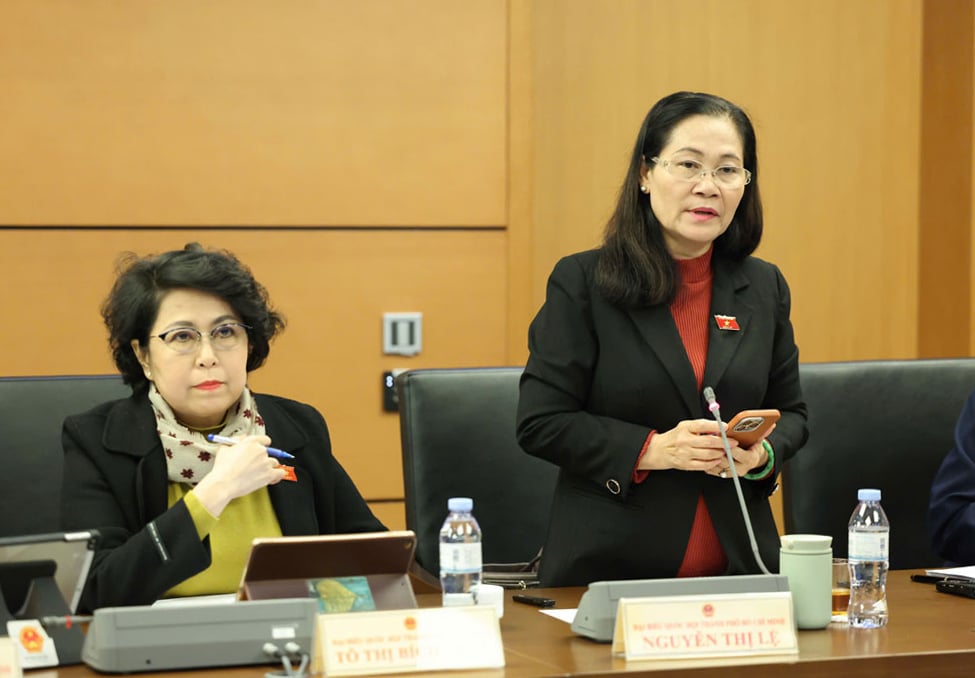
Delegate Nguyen Thi Le - Deputy Secretary of the City Party Committee, Chairwoman of the Ho Chi Minh City People's Council - said that Metro Line 1 (Ben Thanh - Suoi Tien) has quickly become effective, but the expectations of Ho Chi Minh City residents have not stopped at this metro line. Photo: VAN DUAN
According to delegate Thuong, the issue of selecting technology for the project is being considered to ensure it is consistent with the financial plan. He proposed considering giving full authority to the Government and the Prime Minister in carrying out tasks related to the project, such as negotiating and negotiating cooperation with partners. In addition, it is also necessary to give full authority to the two investors, Vietnam Electricity Group and Vietnam Oil and Gas Group, to negotiate with equivalent partners, then there will be a way out on issues related to technology selection and transfer...
Delegate Vu Hai Quan, Director of Ho Chi Minh City National University, assessed that the draft resolution only discussed the specific mechanism for building the Ninh Thuan nuclear power plant. Meanwhile, the plant is expected to be completed by 2030, but if human resources are not prepared right now, it will be very difficult to operate and operate. Mr. Quan suggested adding to the draft the content of a specific policy on training high-quality human resources to be able to take over, receive, and operate the nuclear power plant well after completion.
7 metro lines of Ho Chi Minh City will "remain on paper" if...
On the same day, the National Assembly also discussed the draft Resolution of the National Assembly on piloting a number of specific mechanisms and policies to develop the urban railway network system in Hanoi and Ho Chi Minh City. According to the draft, there are 6 groups of specific policies related to capital mobilization; investment procedures; urban development according to the TOD model (urban development model oriented towards public transport development); railway industry development, technology transfer and human resource training; construction materials and waste disposal policies; regulations specifically applicable to Ho Chi Minh City.
Commenting on this issue, delegate Nguyen Thi Le - Deputy Secretary of the City Party Committee, Chairwoman of the Ho Chi Minh City People's Council - said that Ho Chi Minh City is a special urban area, the largest economic center in the country, with a population of more than 10 million people and a rapid urbanization rate. Reality shows that without a modern, large-capacity public transport system, especially urban railways, the city will find it difficult to completely solve traffic congestion, environmental pollution and infrastructure overload.
After a long wait, Metro Line 1 (Ben Thanh - Suoi Tien) was officially put into operation on December 22, 2024 and quickly became effective, received very positively, reflected in the number of passengers using it higher than expected, contributing to significantly reducing traffic pressure in the eastern part of the city. This shows that people are willing to switch to using public transport if the metro system is invested properly, conveniently, synchronously and on schedule.
However, according to delegate Nguyen Thi Le, the expectations of Ho Chi Minh City residents have not stopped at Metro Line 1. Currently, the site clearance for Metro Line 2 (Ben Thanh - Tham Luong) has been completed, but there is still no strong enough mechanism to quickly implement investment and construction. This is a metro line that passes through many high-density residential areas, and is the backbone to help reduce traffic pressure in the North - West of Ho Chi Minh City. Therefore, the early commencement of construction of this metro line is an urgent requirement of Ho Chi Minh City and a great expectation of the city's residents as well as neighboring areas. In addition, the remaining metro lines are still at the planning stage and cannot be implemented due to lack of resources and implementation mechanisms.
"Without breakthrough solutions, the metro system will continue to be a paper project, unable to be invested in soon to play a real role in modernizing the urban transport system of Ho Chi Minh City" - Chairman of the Ho Chi Minh City People's Council pointed out.
Ms. Nguyen Thi Le agreed with the contents of the draft resolution of the National Assembly, and at the same time proposed that the National Assembly consider and approve these special, specific mechanisms to speed up the construction and exploitation of metro lines - especially Metro Line 2. The Chairman of the Ho Chi Minh City People's Council affirmed that after the project is approved by the National Assembly, the city will immediately implement the tasks of developing specific plans and roadmaps, with clear progress commitments from now until 2035 for 7 metro lines with a length of 355 km. In addition, research will be conducted to establish a Ho Chi Minh City Metro Development Fund with the participation of the central, local and private budgets; continue to coordinate with neighboring localities to accelerate the research and implementation of inter-regional connecting metro lines, creating a foundation for a modern transport system for the entire Southeast region.
Removing barriers to support private investment
Appreciating the Government's determination in proposing to adjust the 2025 growth target from 8% or more, delegate Hoang Van Cuong, member of the National Assembly's Finance and Budget Committee, also said that this is a very challenging target in the context of the risk of trade war when the US applies tax policies to many countries. "The US is a major export market for Vietnam, some countries have imposed taxes on some goods. In the coming time, the export of Vietnamese goods to the US will face more or less challenges," said delegate Cuong.
For localities, Professor and Doctor Hoang Van Cuong said that the Government's resolution to assign GRDP growth targets to localities will create momentum for achieving the national GDP growth target of 8% or more.
Regarding some solutions, Deputy Cuong suggested removing barriers to support the private investment sector to mobilize this resource. According to the delegate, the large number of businesses leaving the market in the first month of 2025 is an issue that needs attention and solutions.
To achieve the GDP growth target of 8% or more, National Assembly Chairman Tran Thanh Man pointed out that the key issue is to have a mechanism to promote the private economy because in the total social investment, private investment accounts for 55%. "This is the decisive factor for the growth target of 8% or more, not public investment" - National Assembly Chairman Tran Thanh Man emphasized.
Source: https://nld.com.vn/co-che-dac-thu-cho-du-an-dien-hat-nhan-ninh-thuan-196250214214914677.htm






























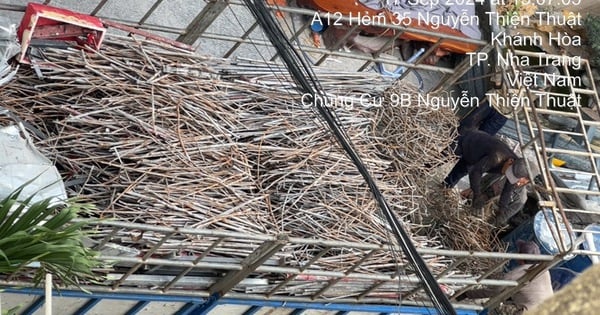
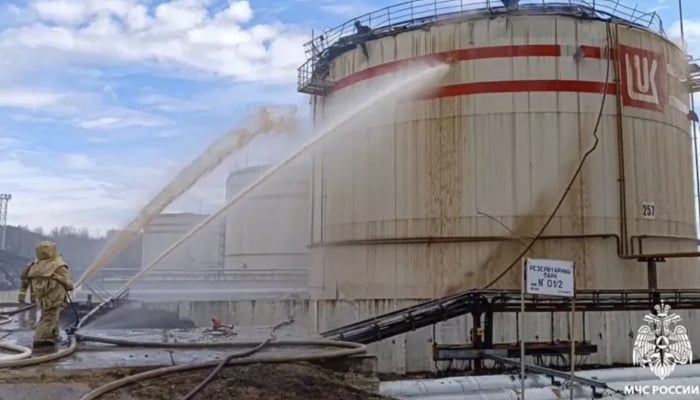



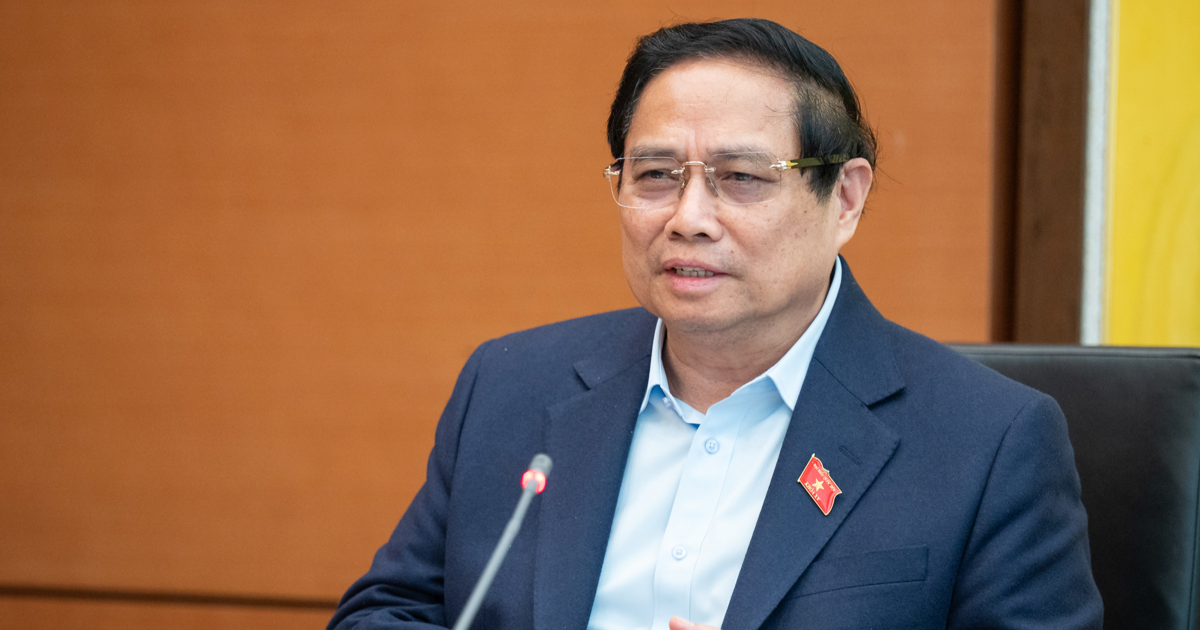

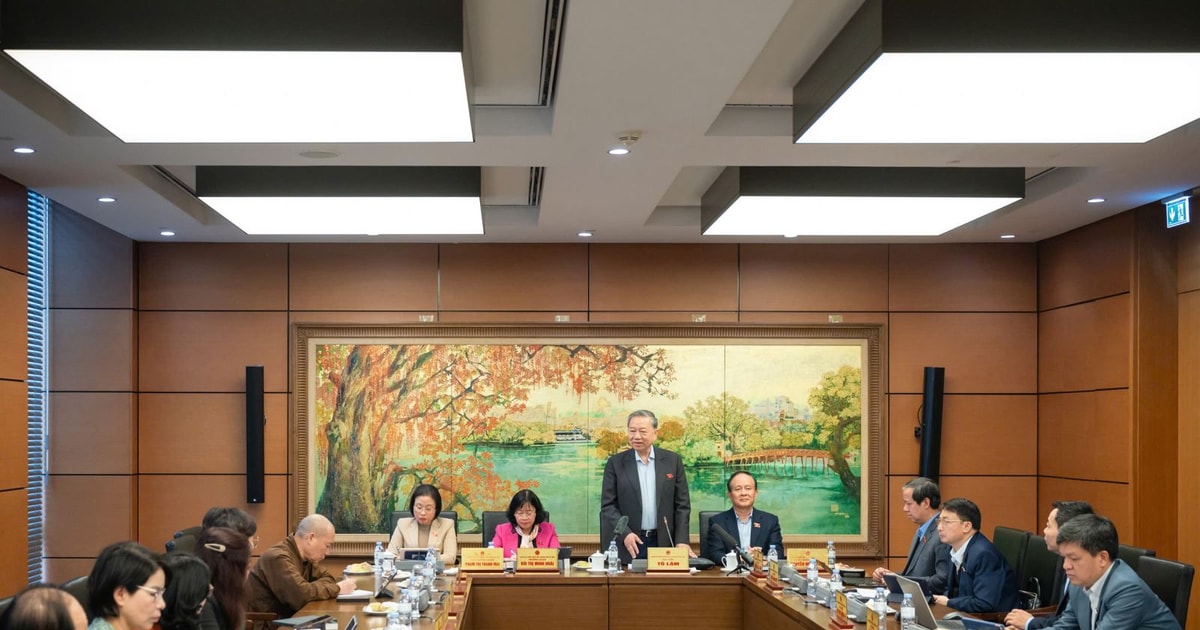

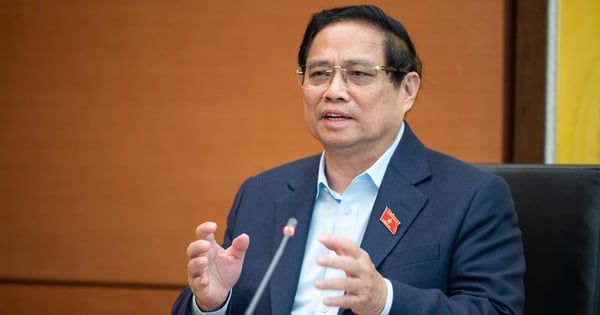

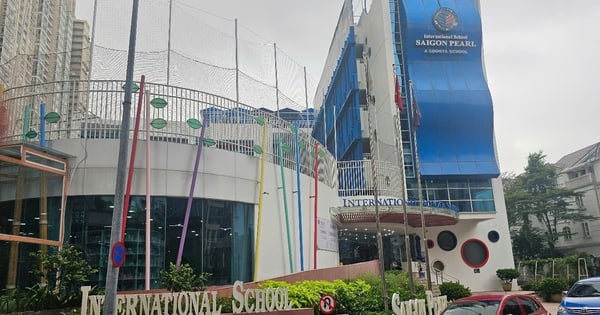
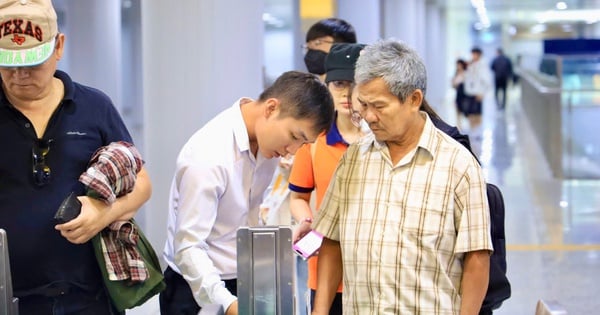

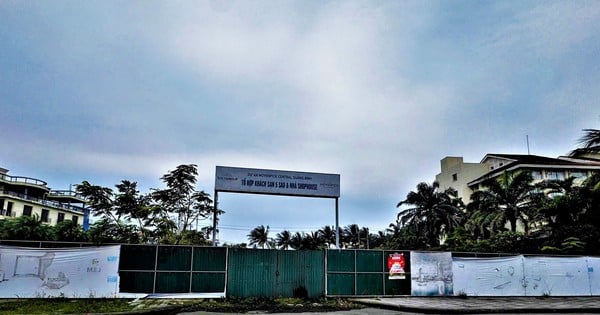



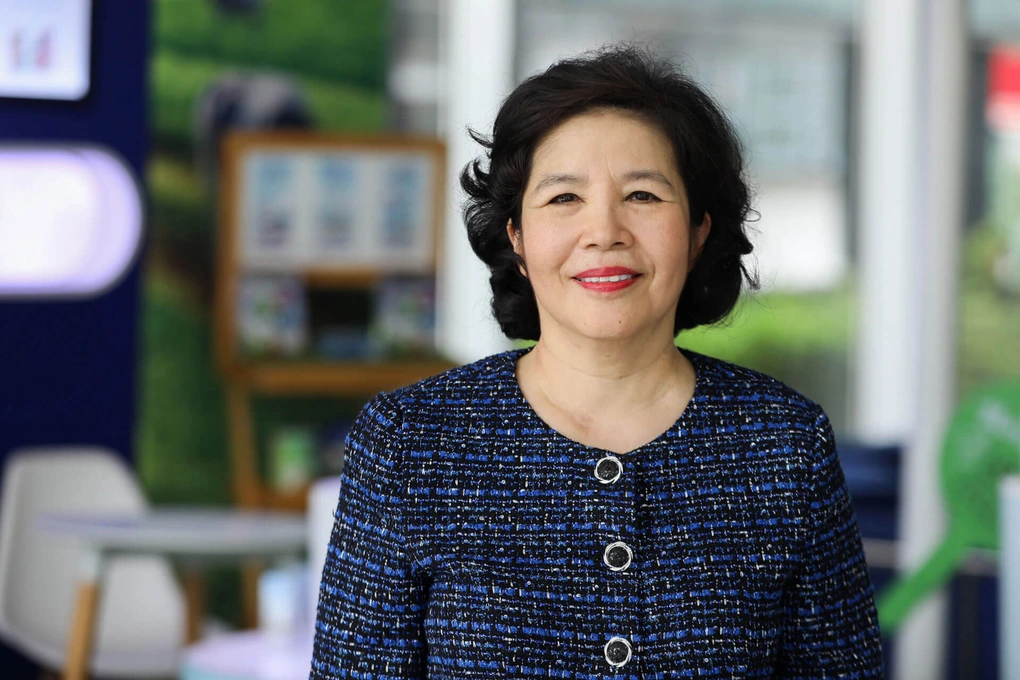
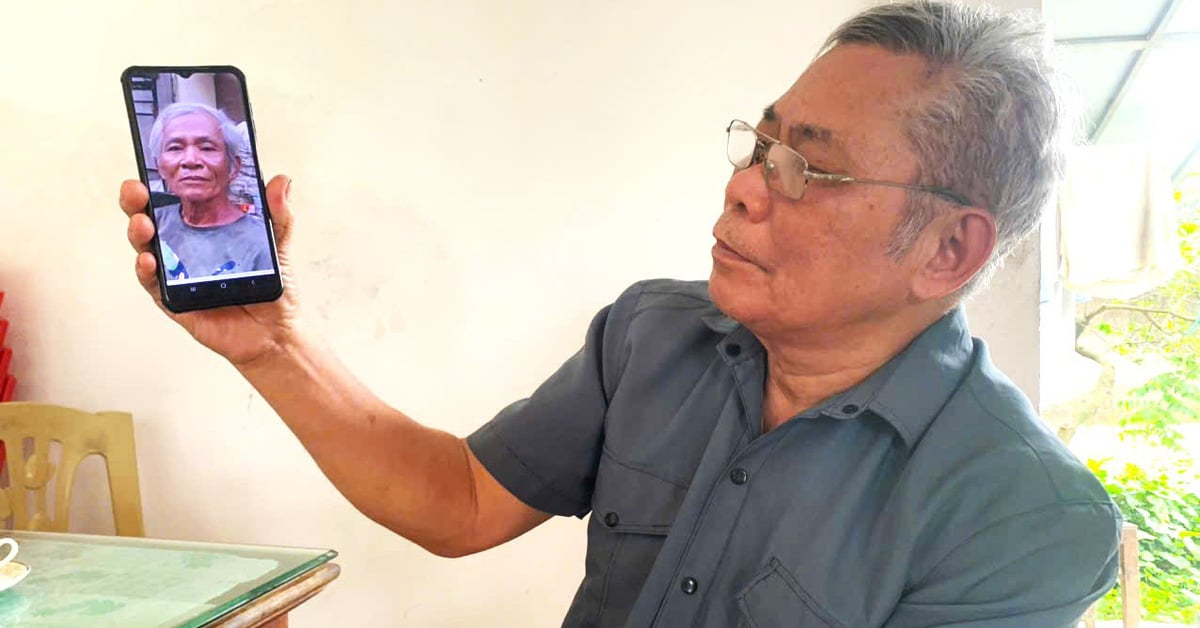

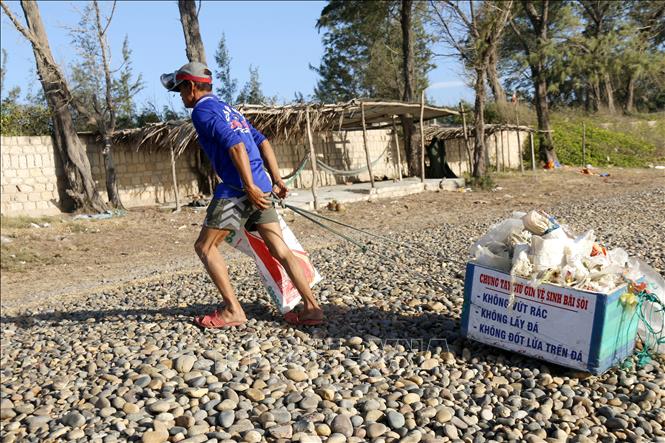

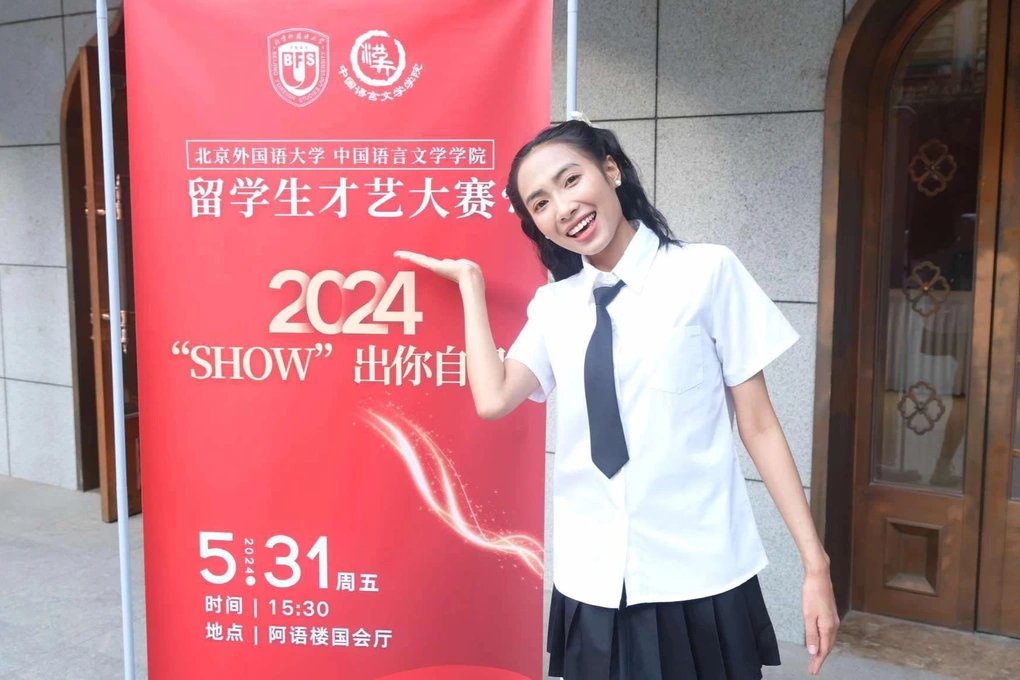
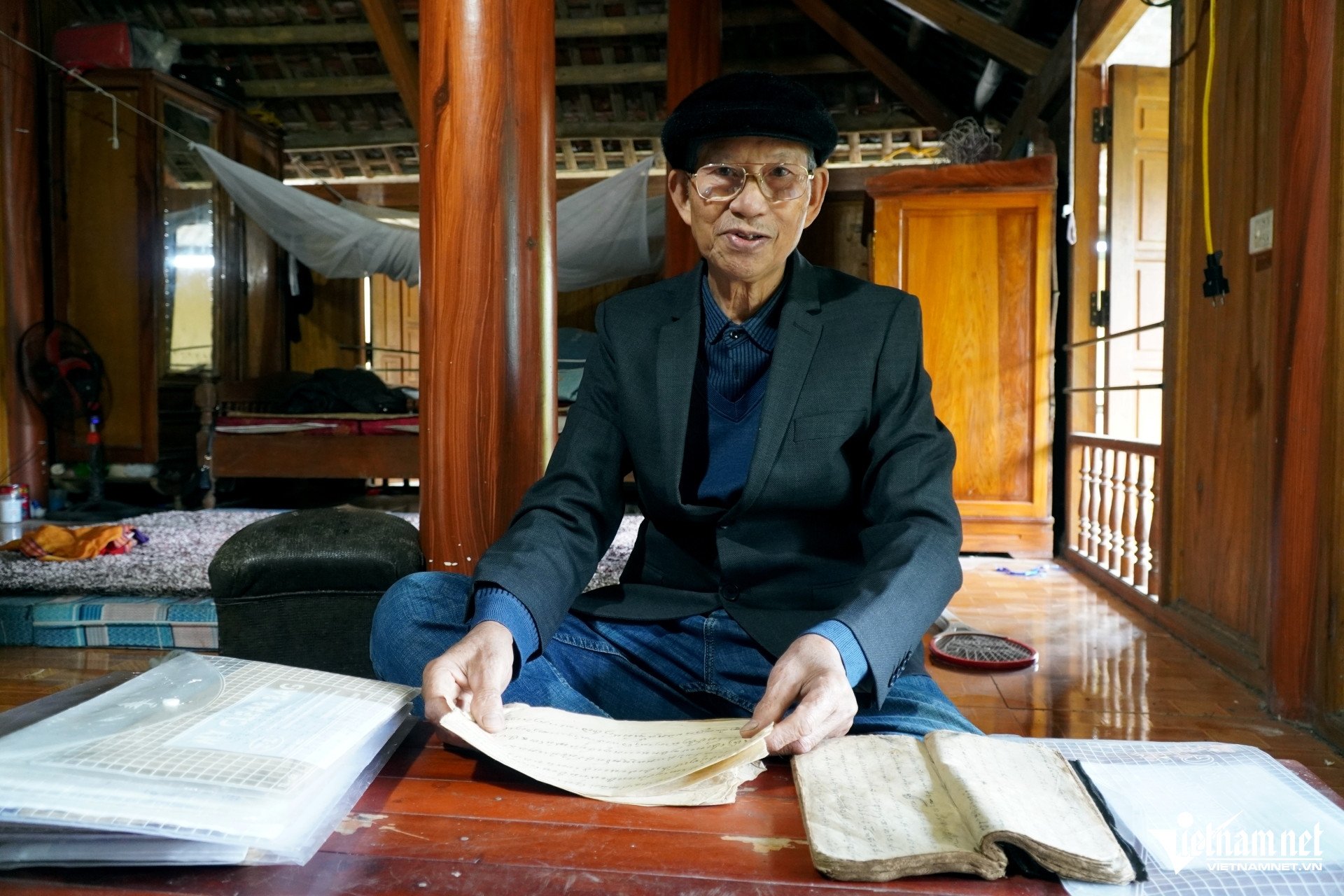



Comment (0)